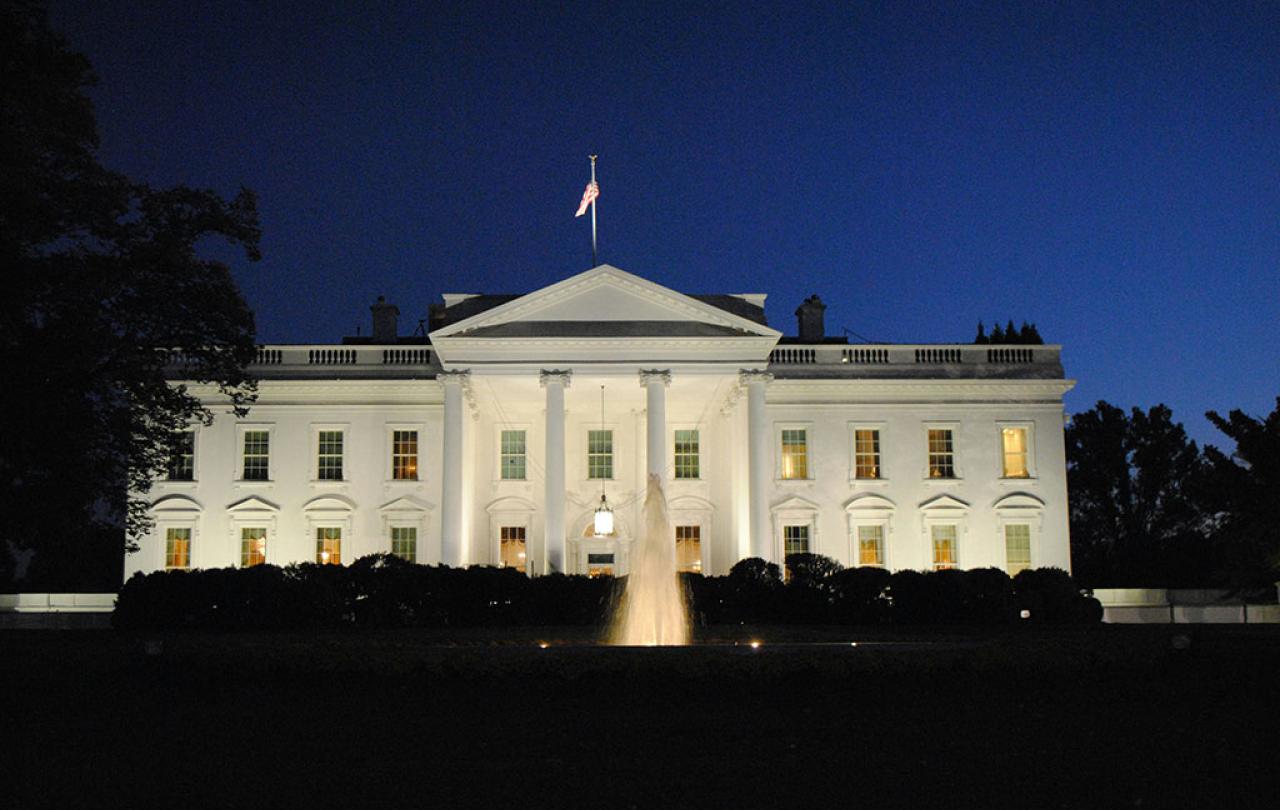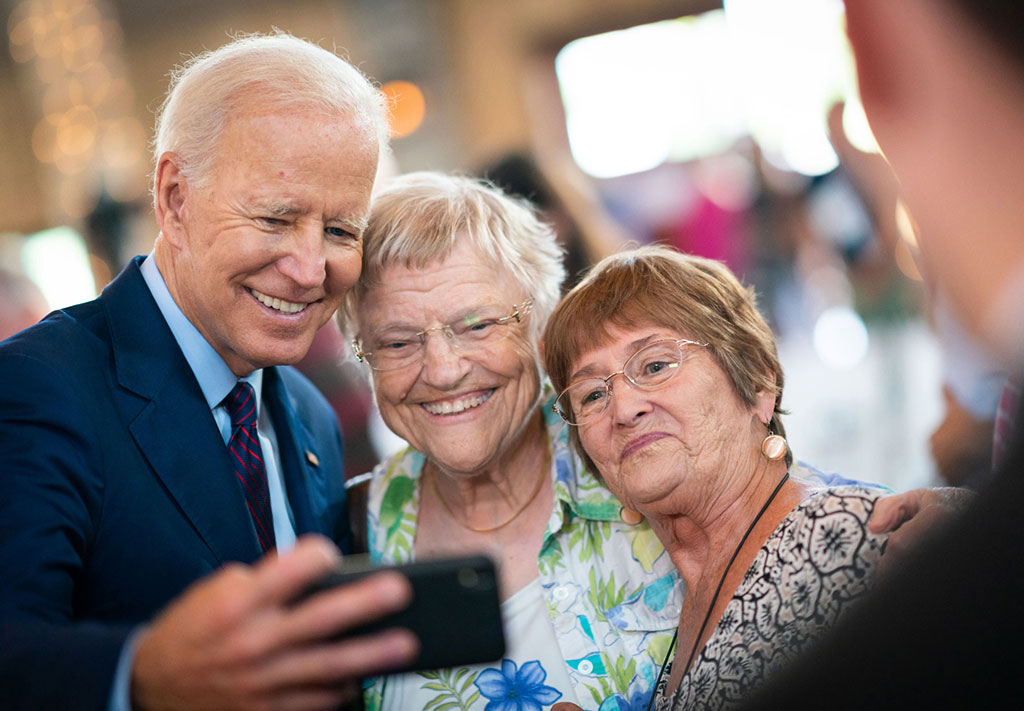
A cat was elected as a Member of Parliament. A cat. George Galloway - former Labour party MP and Rula Lenska’s former cat - has been elected as Member of Parliament for Rochdale. The unique circumstances of the by-election make this a less surprising result than one might think. The Labour Party disowned their candidate, the Tory Party hardly contested the seat, and the sheer number of inappropriate independents meant that a split-vote victory for Galloway was entirely foreseeable. One must also note Galloway’s many skills: as a campaigner, an orator, and a dirty-tactic by-election gadfly.
So…Rula Lenska’s cat did the unimaginable and won a seat in Parliament. How did the cat do this? He convinced people that they could vote for him to protest the current Parliamentary position on the Israel-Gaza War. In his victory speech, Galloway gave an ominous warning: “Keir Starmer…this is for Gaza.” He went on to intimate that his victory was due to the high proportion of Muslim voters in Rochdale; their disgust at the Labour Party’s response to the Israeli invasion of Gaza morphing into a wish to give Keir Starmer (‘one cheek of the same backside’ - Rishi Sunak being the other cheek) a bloody-nose. He warned that Starmer “…will pay a high price for…enabling, encouraging, and covering for the catastrophe presently going on in occupied Palestine, in the Gaza strip.”
My fellow voters are intelligent enough to recognise that the single addition of George Galloway to the green benches will do almost nothing to affect change. They have voted so, the general consensus goes, simply to register their fury at the plight of ‘fellow Muslims’. I simply want to respond with a question. Is this moral?
People vote for all sorts of reasons. If we believe political scientists and pollsters, voters might care about many things, but will end up voting on the basis of one thing. Normally the economy. One’s own economic interest is a perfectly rational reason to vote for one party’s promises than another. There is a potential immediate impact on our lives and those of our family and friends. But Gaza?
Sociologists have spilt a tremendous amount of ink describing how human communities tend towards ‘tribal’ affection. We tend to feel more connected to those who are like us - in terms of geographic location, in terms of obvious racial characteristics, in terms of language and culture, of course religion. The notion that the Gazan War is a war on Muslims would be a natural driver for the Muslim community of Rochdale to vote ‘for’ their fellow Muslims.
On the other hand, in the world of modern ethics there has been a move to recognise that such tribal allegiance is ultimately meaningless - a call to see all human beings as equally worthy of our care and attention, especially irrespective of geography. Peter Singer famously presented the thought experiment of a drowning child - if we are willing to get our shoes wet and muddy to save a drowning child we walk by a shallow pond, why aren’t we willing to give up some of our wealth to alleviate the war-stricken poverty of a Gazan child many miles away?
The people of Rochdale must vote as their conscience requires. I simply worry that their conscience has taken on an impossible burden of care that they will struggle to sustain.
The words of Jesus seem to support such an ethic, which is always global in its vision. We are not only to love our neighbour as ourselves, we are to go out into all the world, evangelising the nations. From its beginning the Christian faith has preached that loving our neighbour means loving everyone. Everyone is a beloved child of God. Everyone is our neighbour. Surely a vote for Galloway, a vote of rage against the occupation of Gaza, is fundamentally moral - either on grounds of tribe, or rejection of tribe. Surely its Christian!
I’m not so sure.
I’m not so sure we fallen humans actually have the capacity to ‘care’ about the horrors that go on many, many miles away. Jesus tells us to love our neighbour as ourselves, but we barely have the emotional energy to love ourselves. We live in a society of such activity and distraction - with a seemingly concomitant rise in the incidence of hopelessness and depression - that I don’t think we can really give our moral and emotional energy to an event as distant and overwhelming as the plight of Gazan civilians. We can barely give it to our families. We can barely give it to ourselves. C S Lewis once wrote that the best way of eradicating suffering was people working away quietly at limited objectives: “I think the art of life consists in tackling each immediate evil as well as we can.”
Jesus was the ultimate localist - God became incarnate as a unique individual, of a particular tribe, of a particular nation, in a particular time and place. Jesus taught an ethic of universal love and dignity and respect, but lived out in specific acts of service. He didn’t wash the feet of all Jerusalem - just his disciples. He didn’t heal all disease everywhere and forever - but he did restore sight to the few blind people he met. St Paul wrote individual letters to individual communities. Yes, he asked them to pray for him and each other, but otherwise told them to focus on their immediate needs and charity and holiness. The popularity of Jordan Peterson is largely based on the achievability of his slightly nebulous self-help worldview: make YOUR bed, keep YOUR back straight, look after YOUR family. Improve yourself first if you want to even begin improving the world. You’ll probably never manage to improve more than your village…maybe only your own household. That might be enough.
I don’t judge those who voted for Galloway as a Gaza-conflict protest. A new campaign, ‘The Muslim Vote’, has emerged to persuade Muslim voters to lend their support to candidates who commit to ‘Peace in Palestine’ – ceasefire, sanction Israel, and a state for the Palestinians. It is becoming clear that what appears to have happened in Rochdale may well happen in constituencies up and down the country. The idea of the ‘Muslim vote’, which Galloway was able to turn into electoral victory, is being given form and force. It is emotive and persuasive, and may well convince people who have no link to Gaza other than their Muslim faith. It is entirely possible that some of the voters have family and friends trapped in the siege. I empathise with their vote and weep for their sorrow.
I don’t judge those who voted for Galloway as a Gaza-conflict protest. I do, however, worry that many have taken upon themselves a fundamentally unwieldy ethic. Galloway is not a one-man parliamentary wrecking ball - whatever he says. The position of the Government will not be changed by his election. The resolve of the Israeli military is unlikely to be dinted by the UK Government, no matter what resolutions the House of Commons passes. The people of Rochdale must vote as their conscience requires. I simply worry that their conscience has taken on an impossible burden of care that they will struggle to sustain. Perhaps they would be more fulfilled and more effective if they cast their vote on the basis of what could be achieved for them in their community, in the immediate future.
We must pray for the people of Gaza, and we must not cease praying; but I would suggest that we must vote in the interests of the people of our own place, our own constituency. Giving the Labour Party a bloody nose over Gaza might be an immediate moral-sugar-high. Electing an MP who will actually work for the needs of the community in their particularity will certainly be less instantaneously thrilling - but maybe it is more moral.






